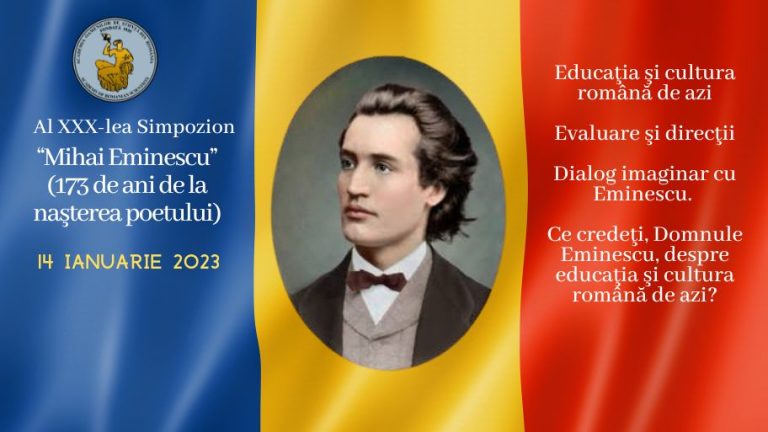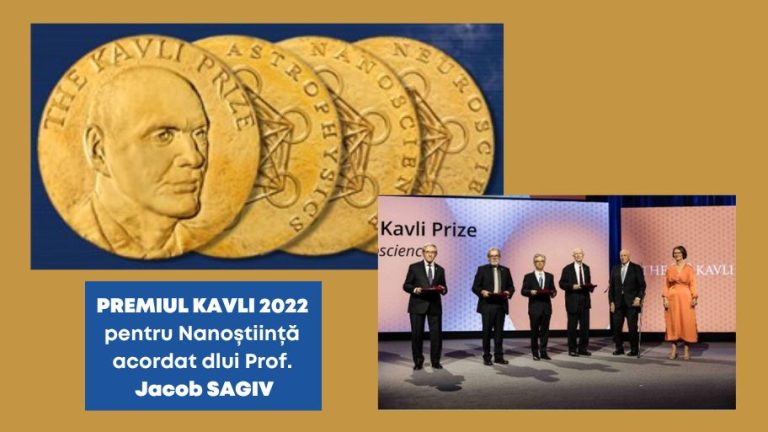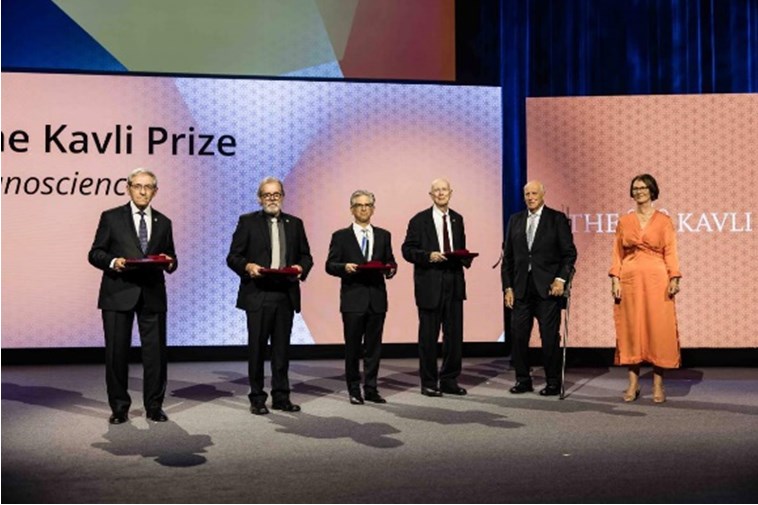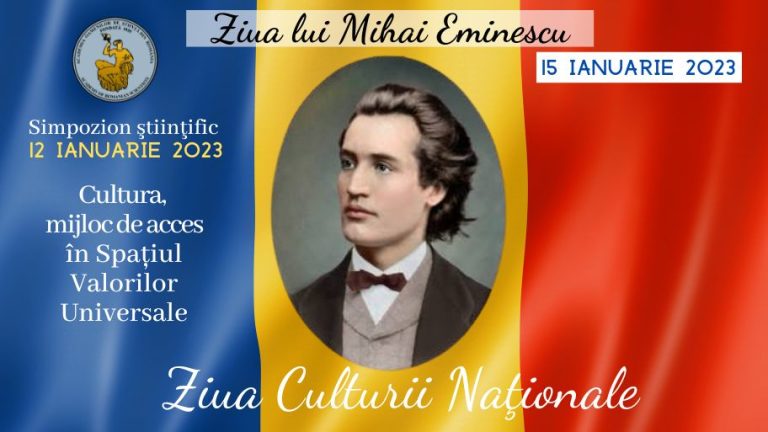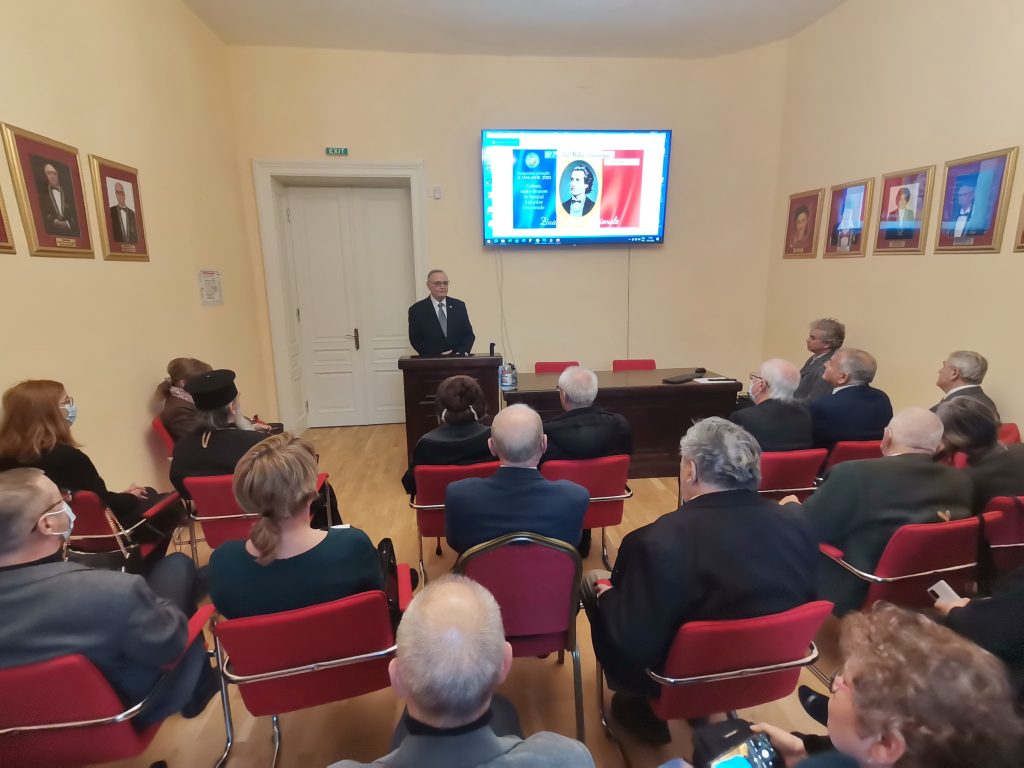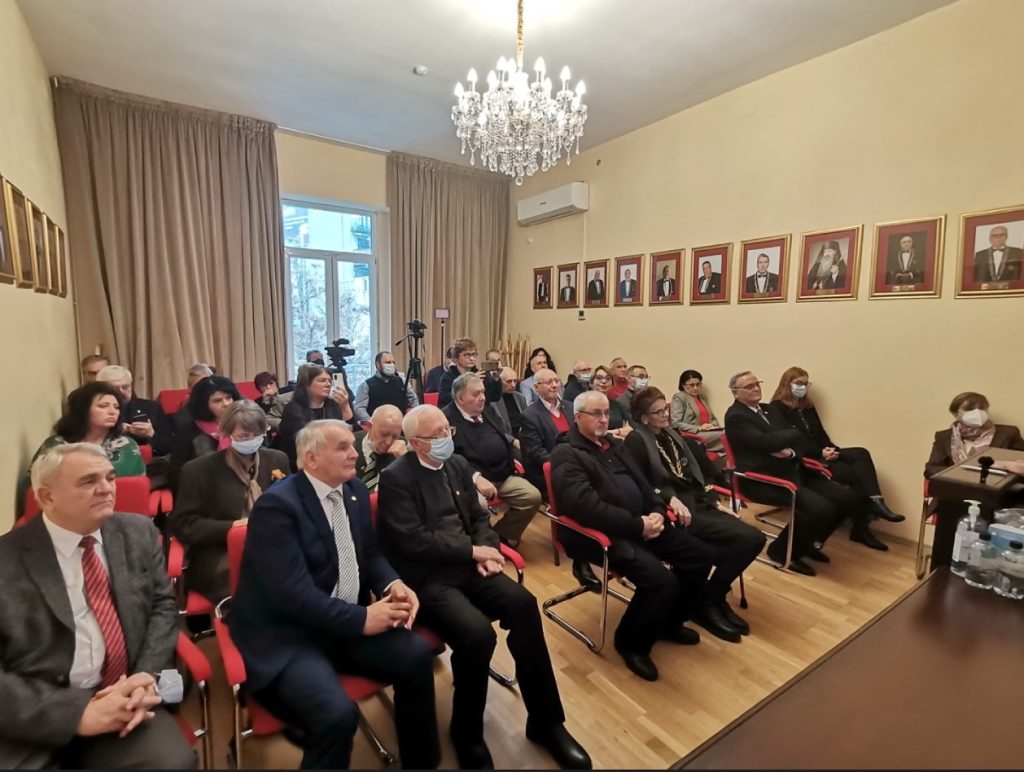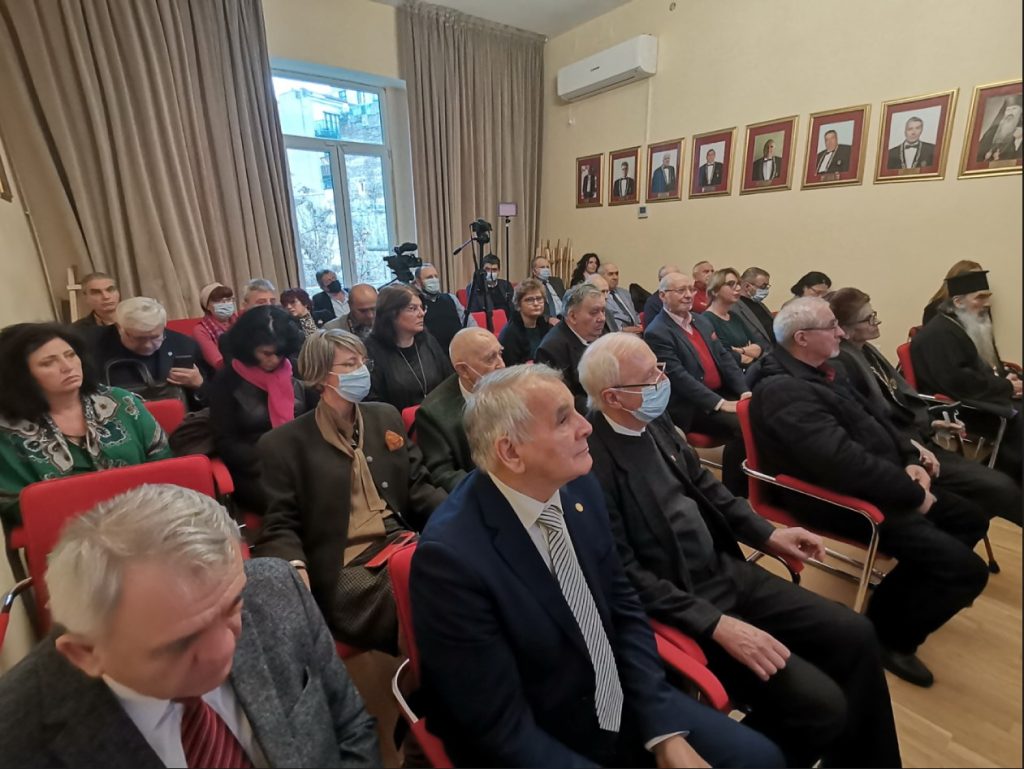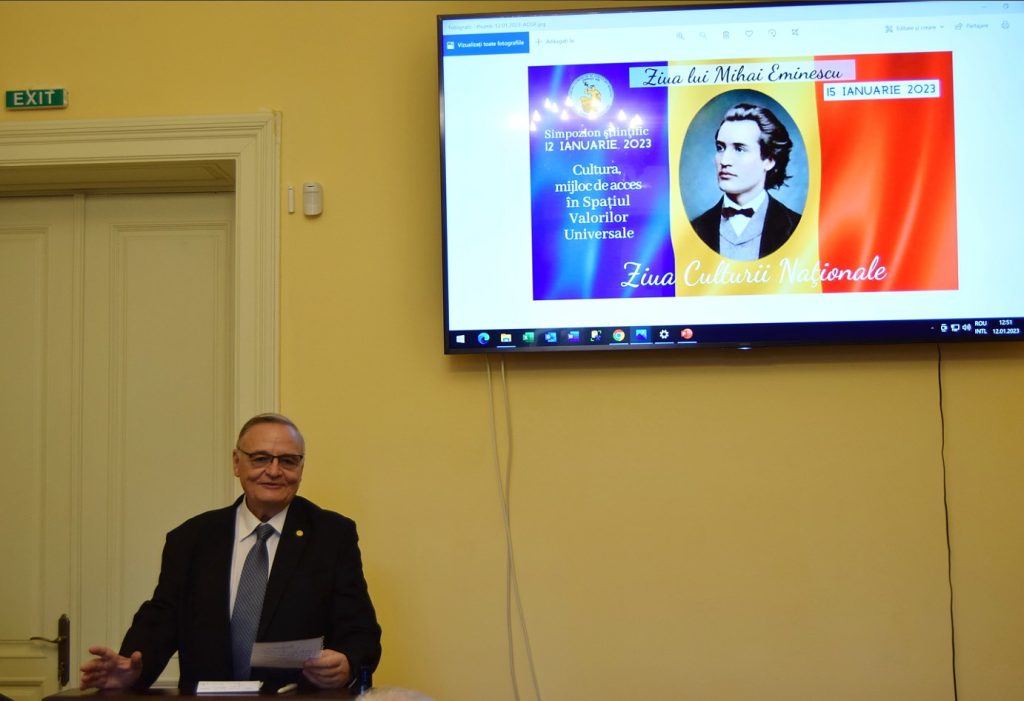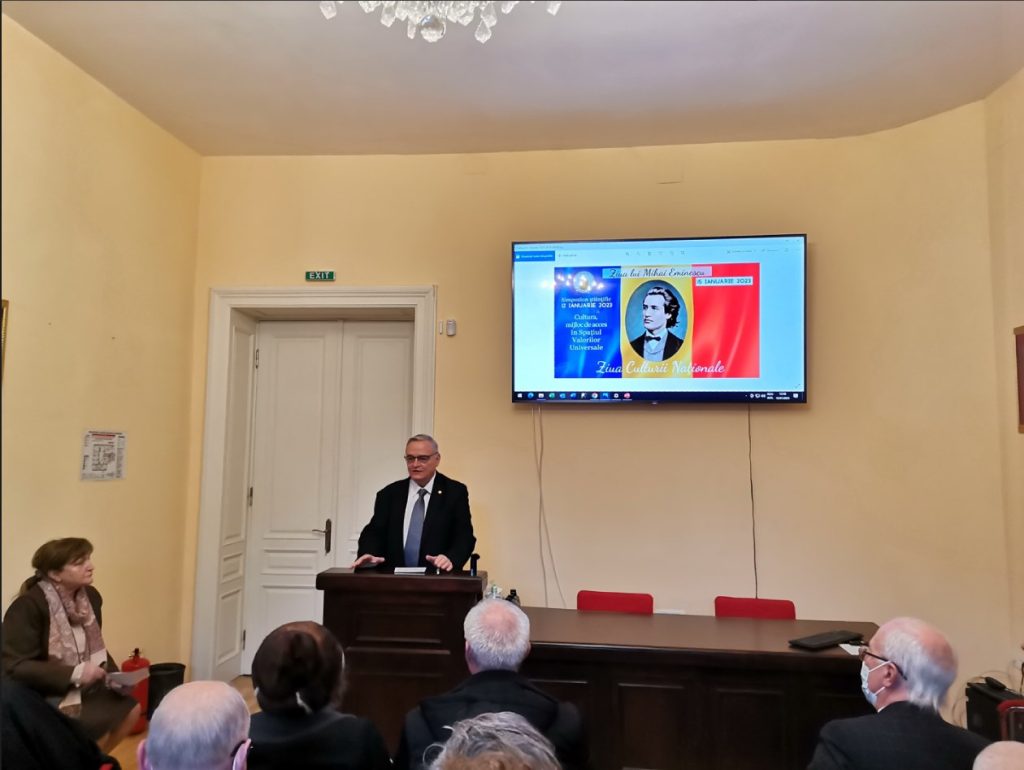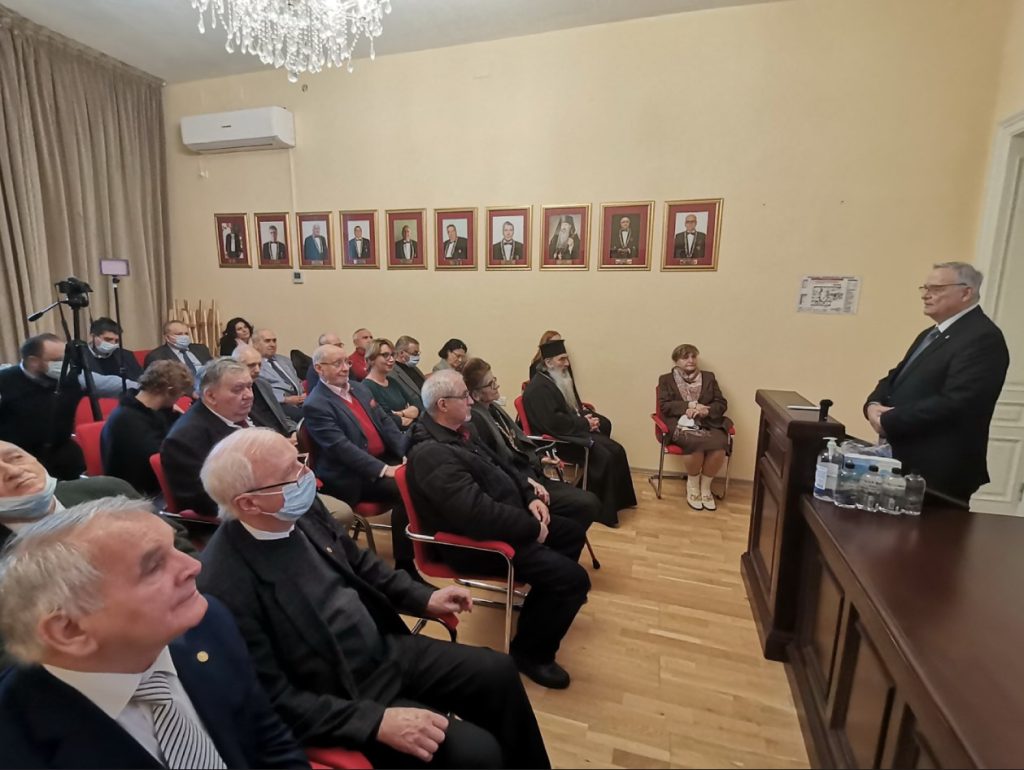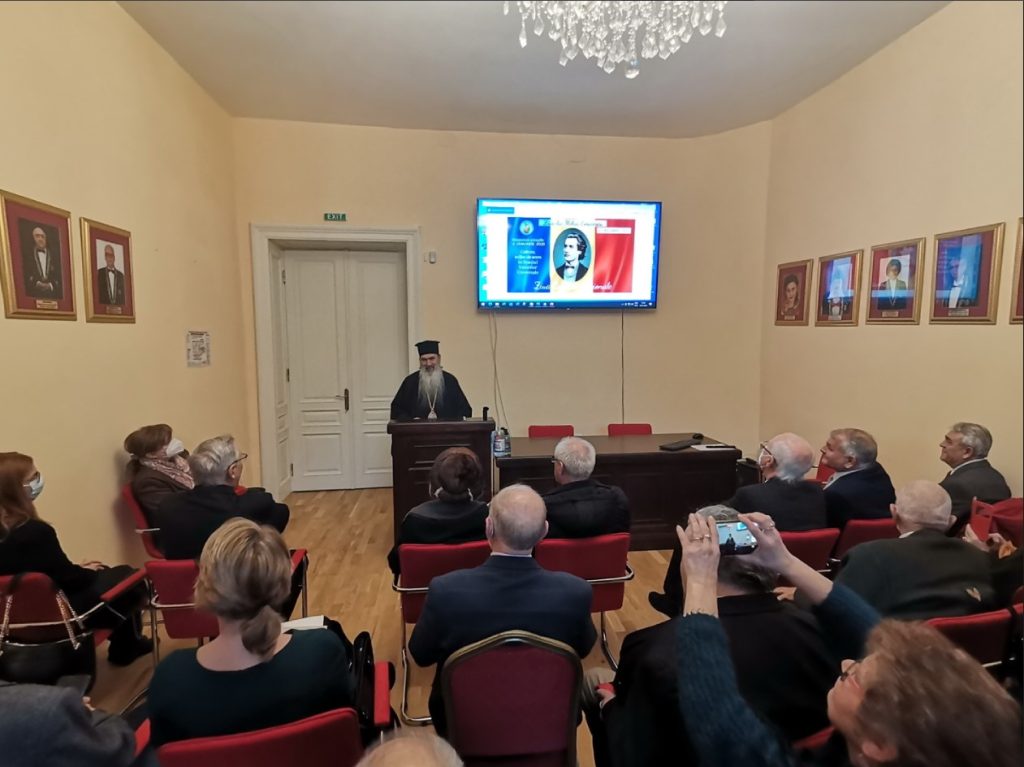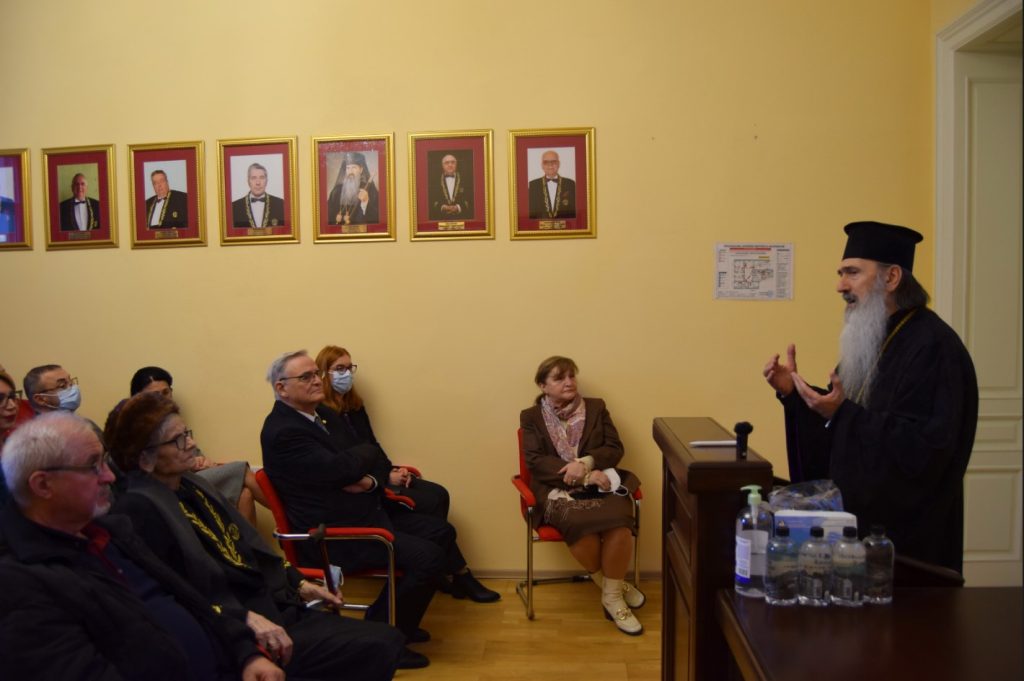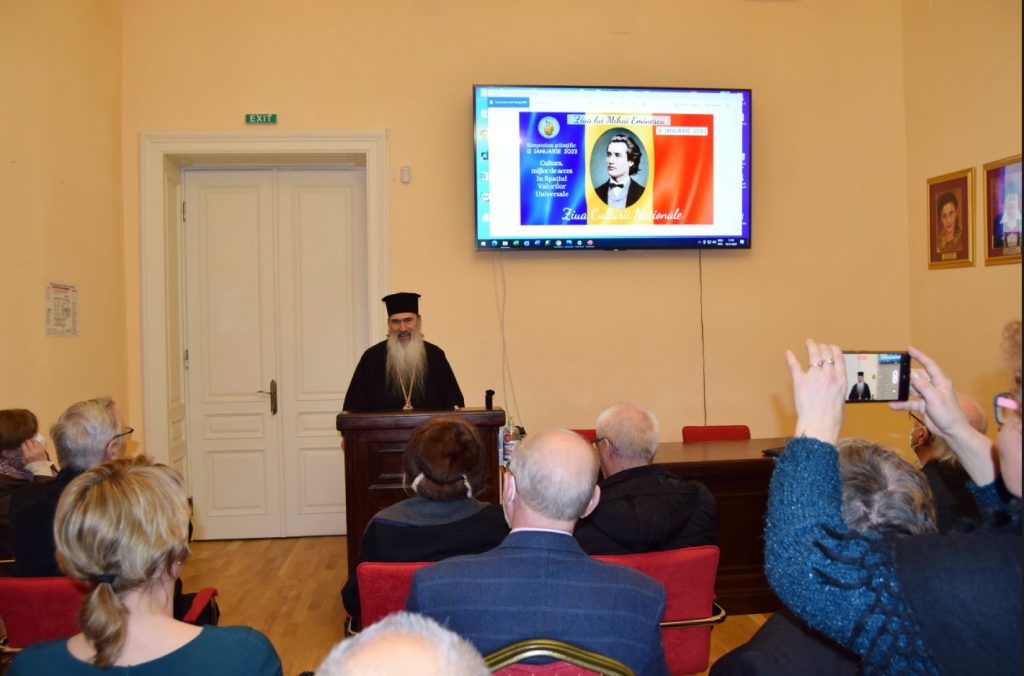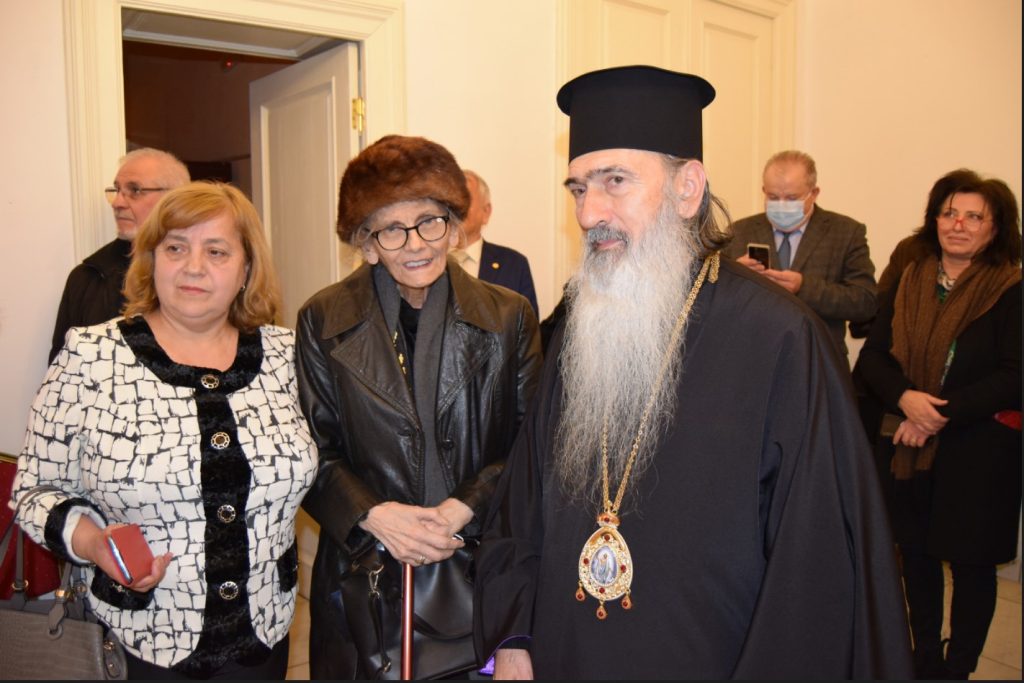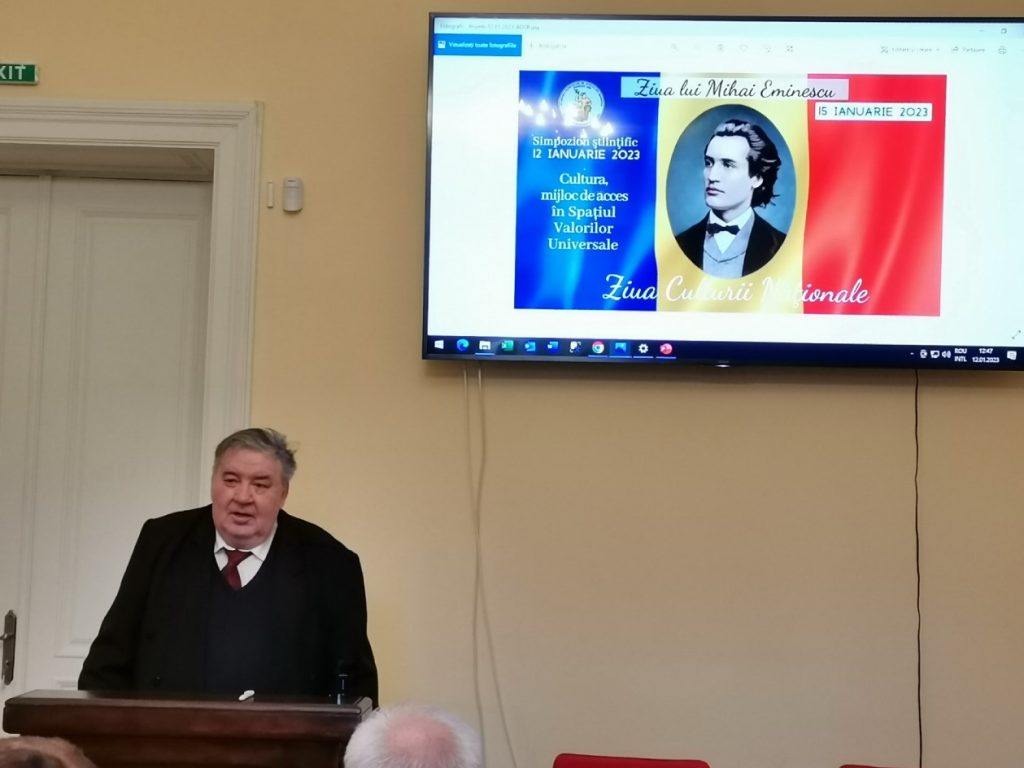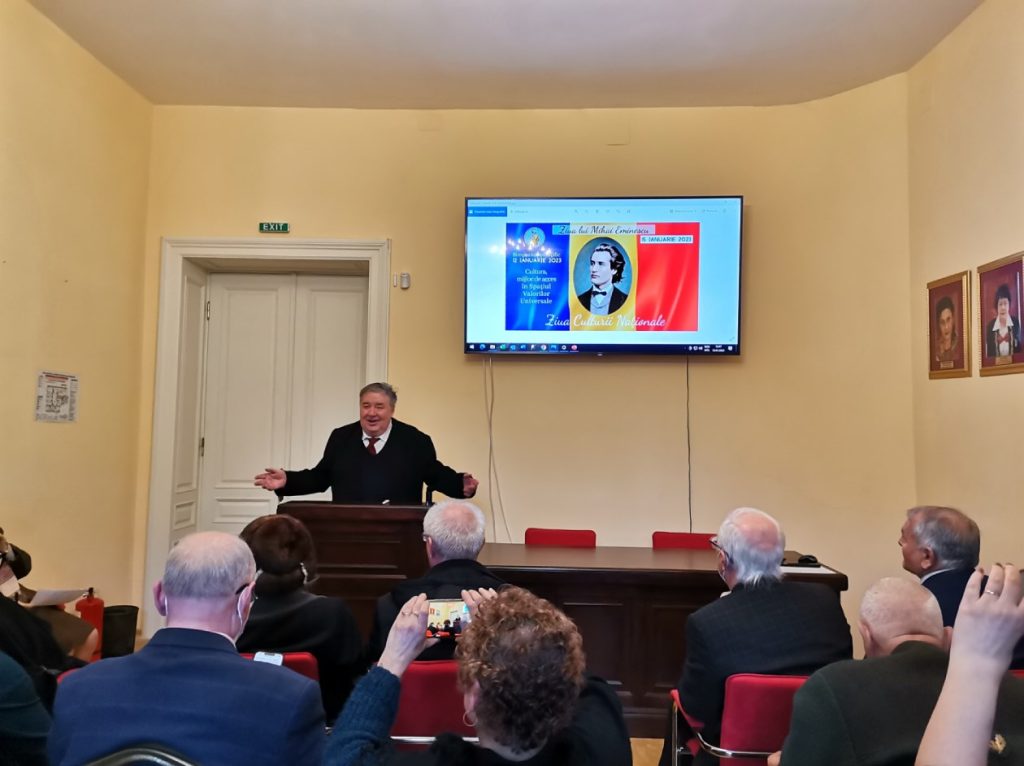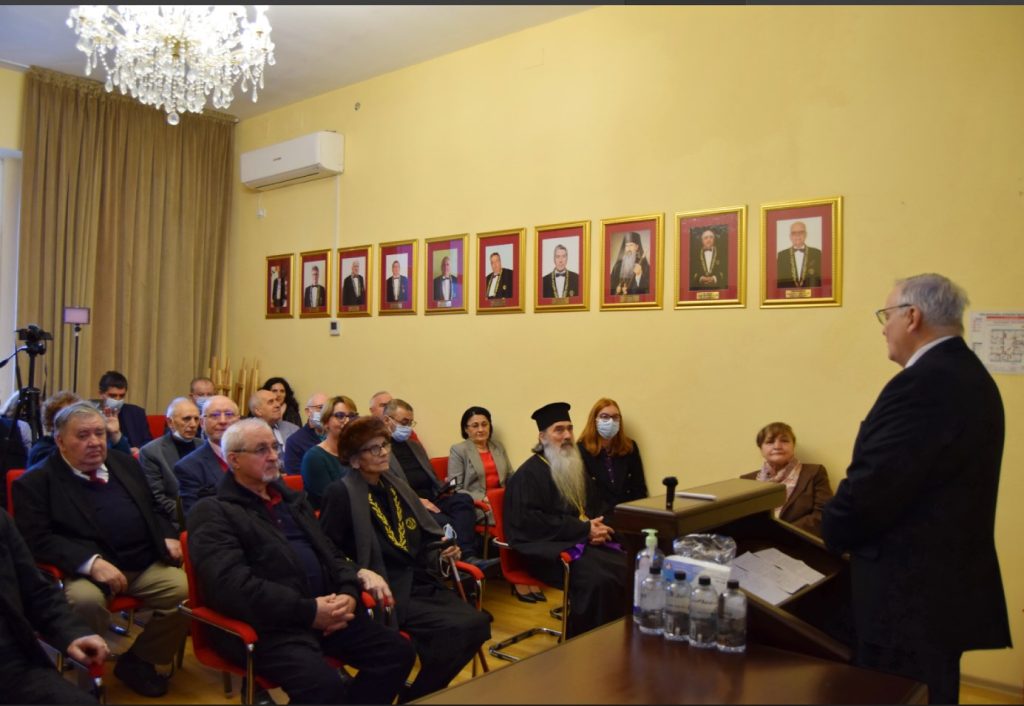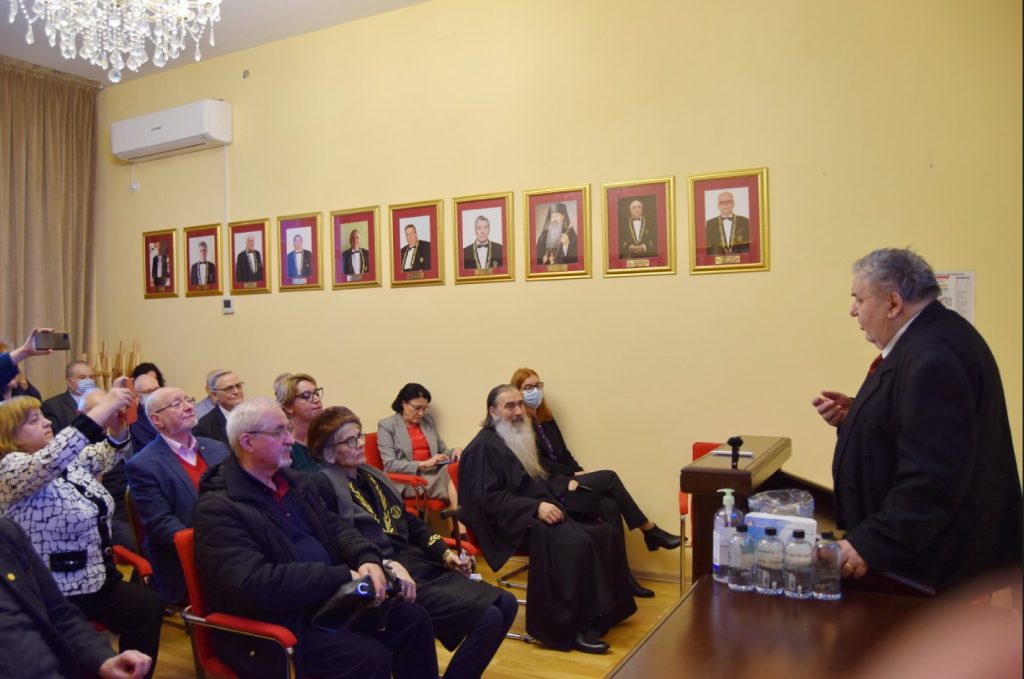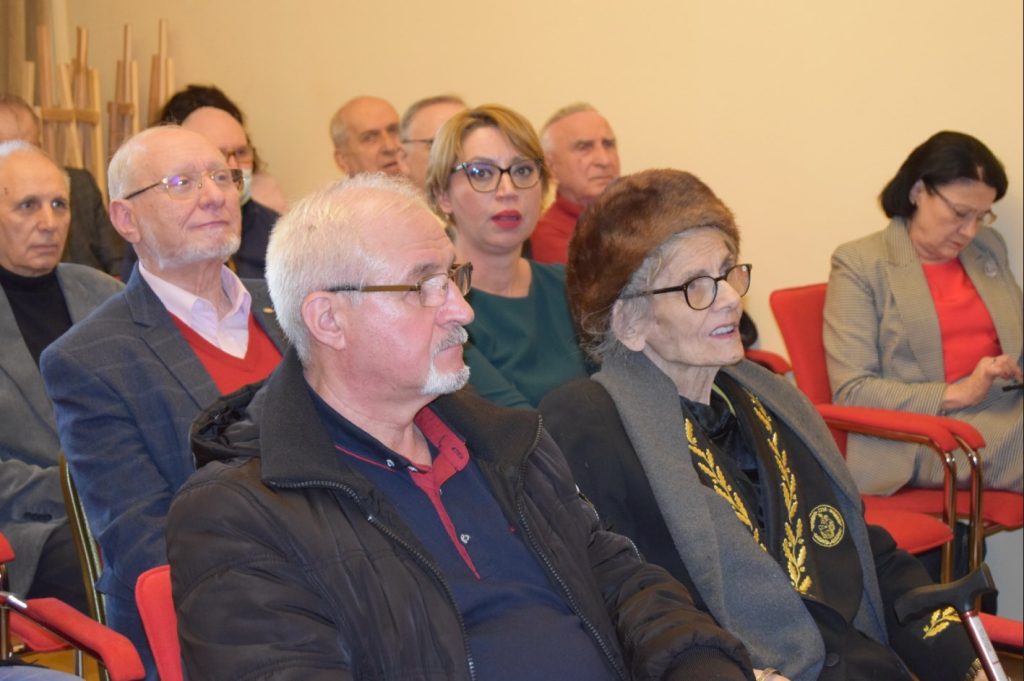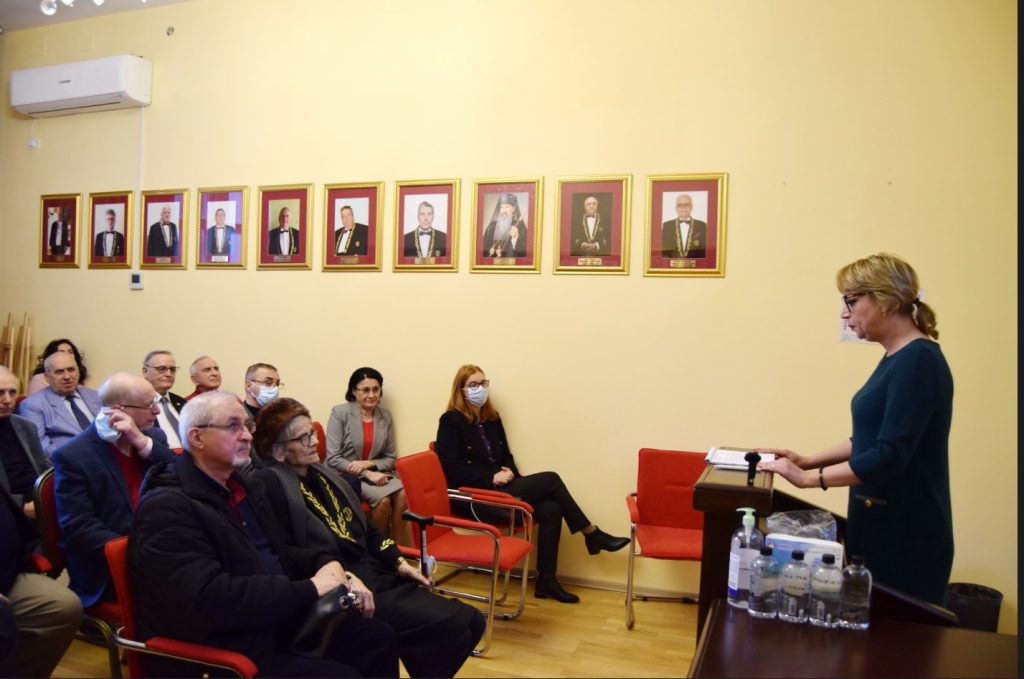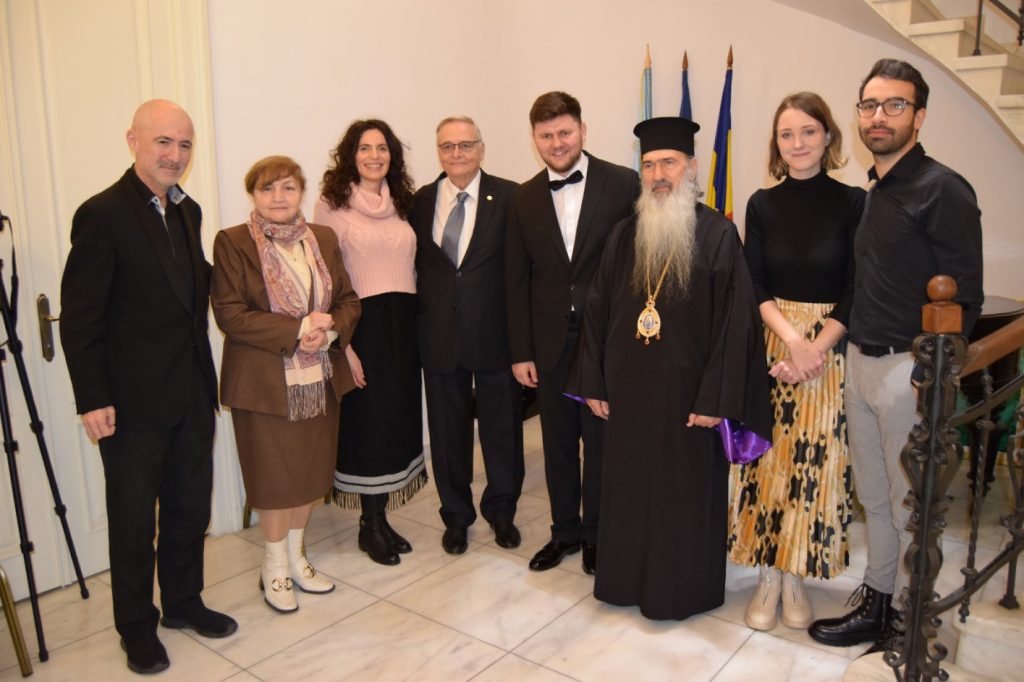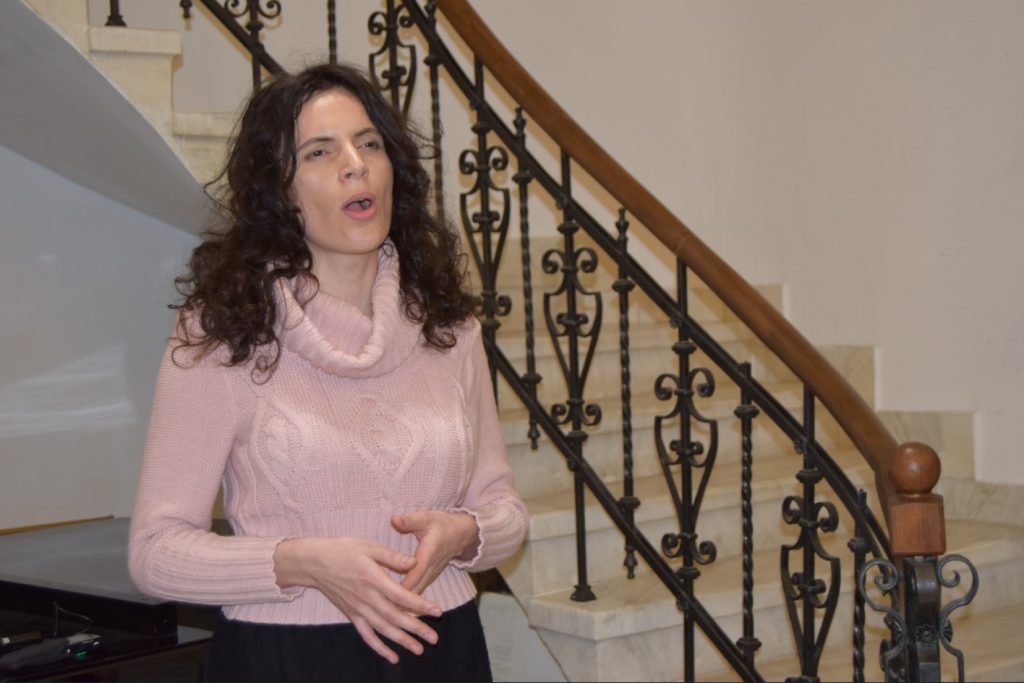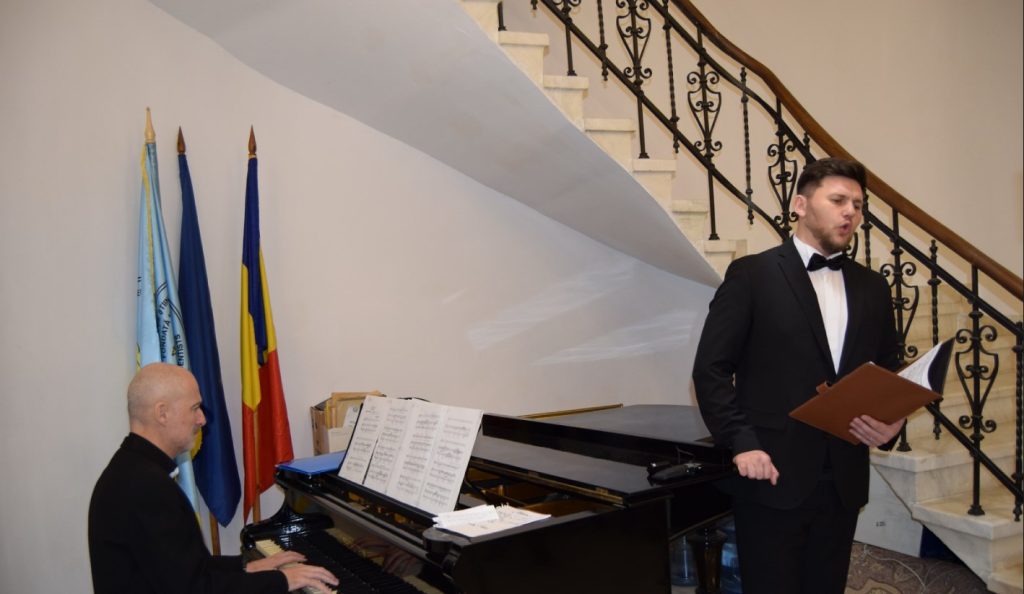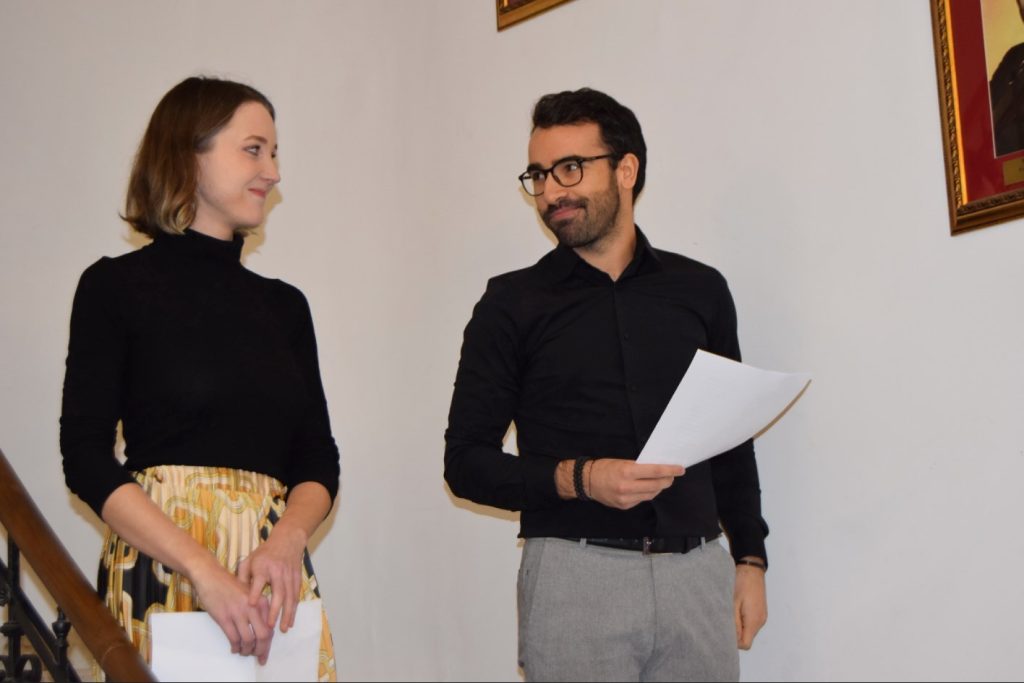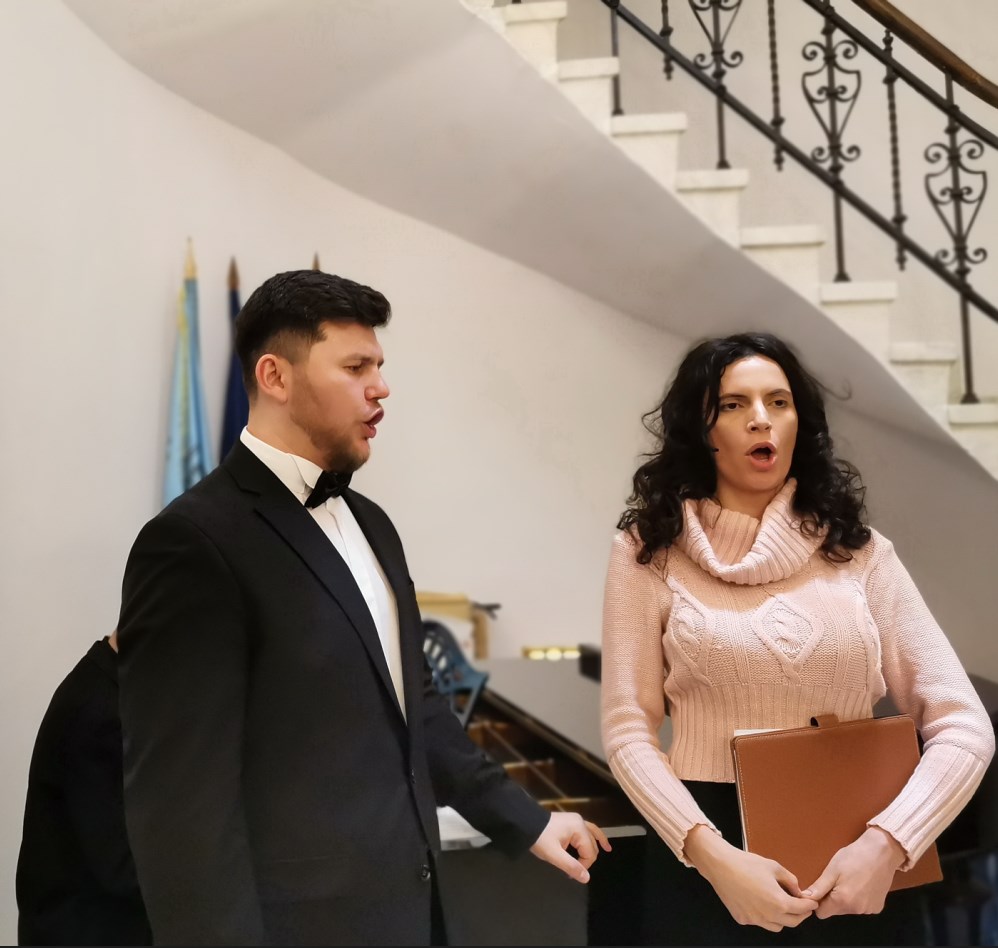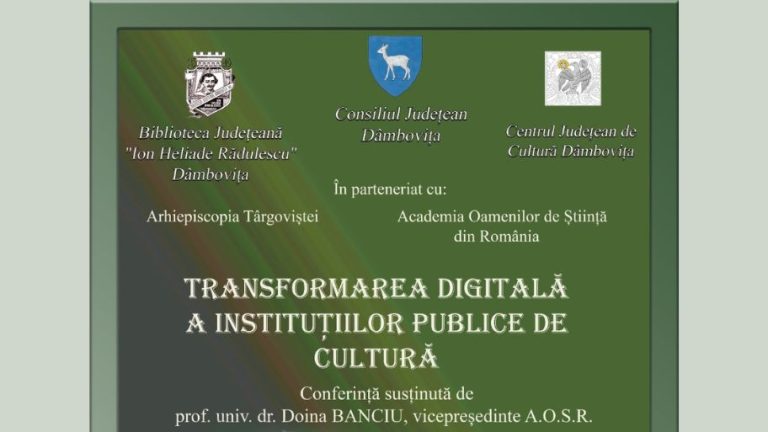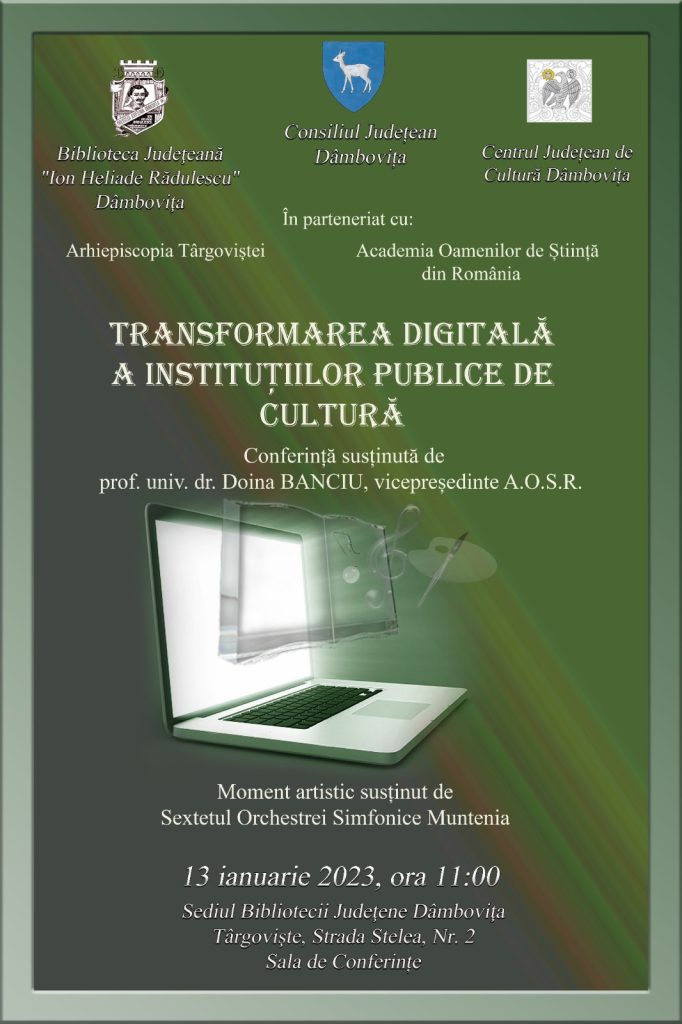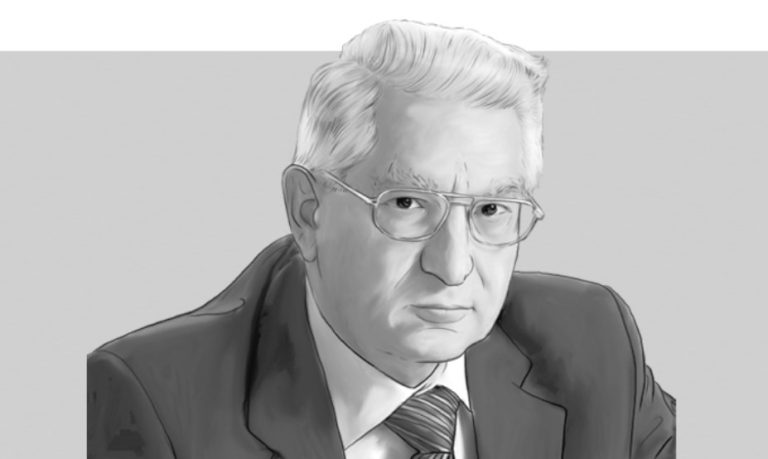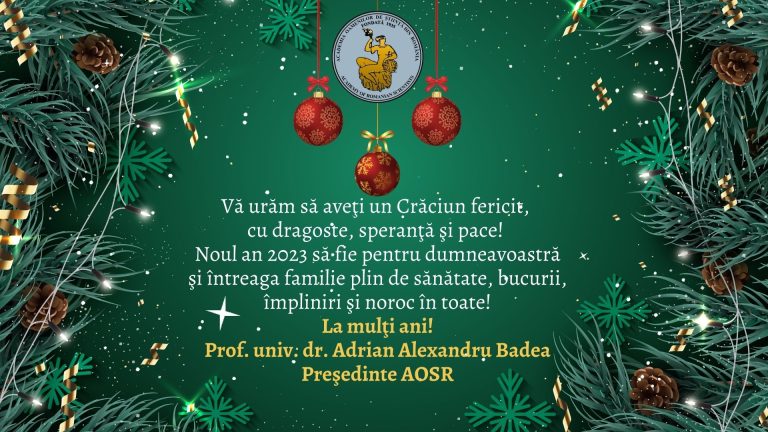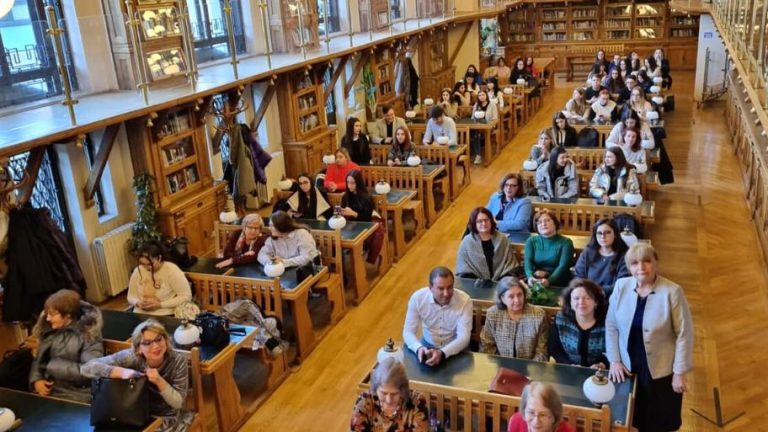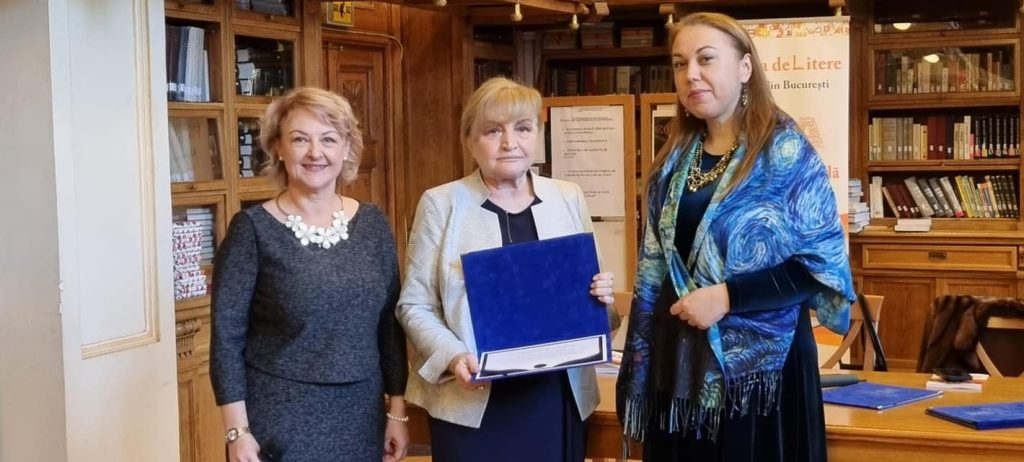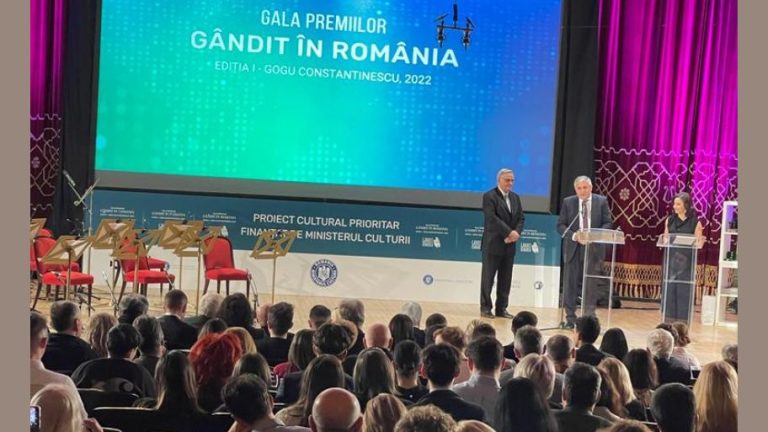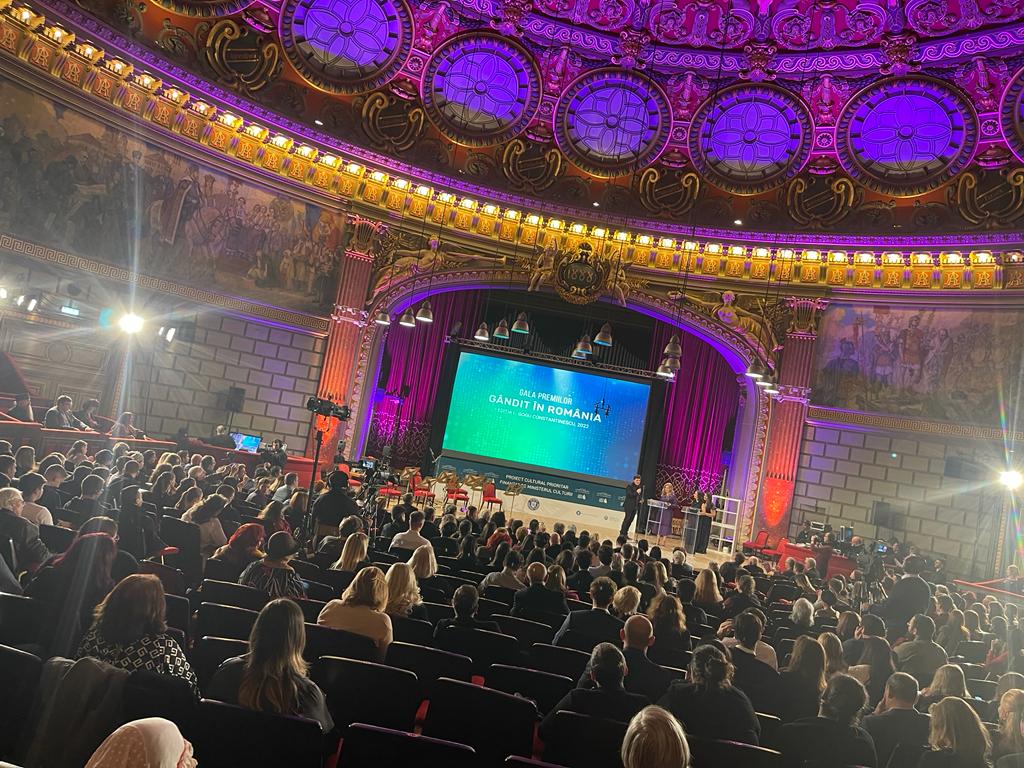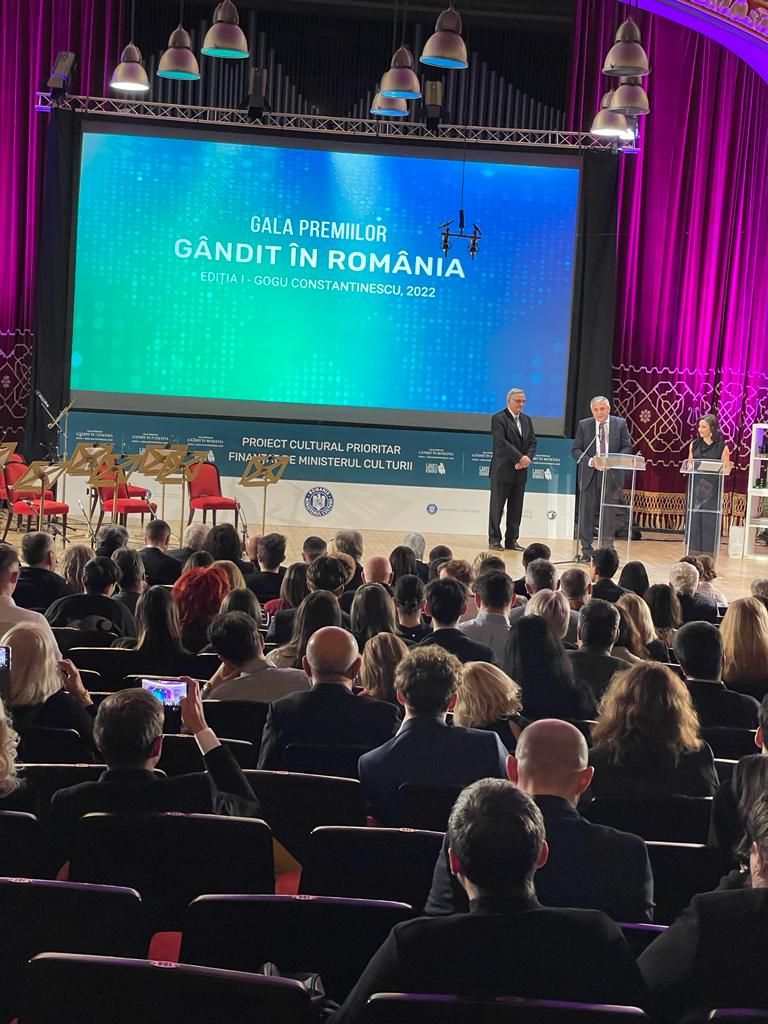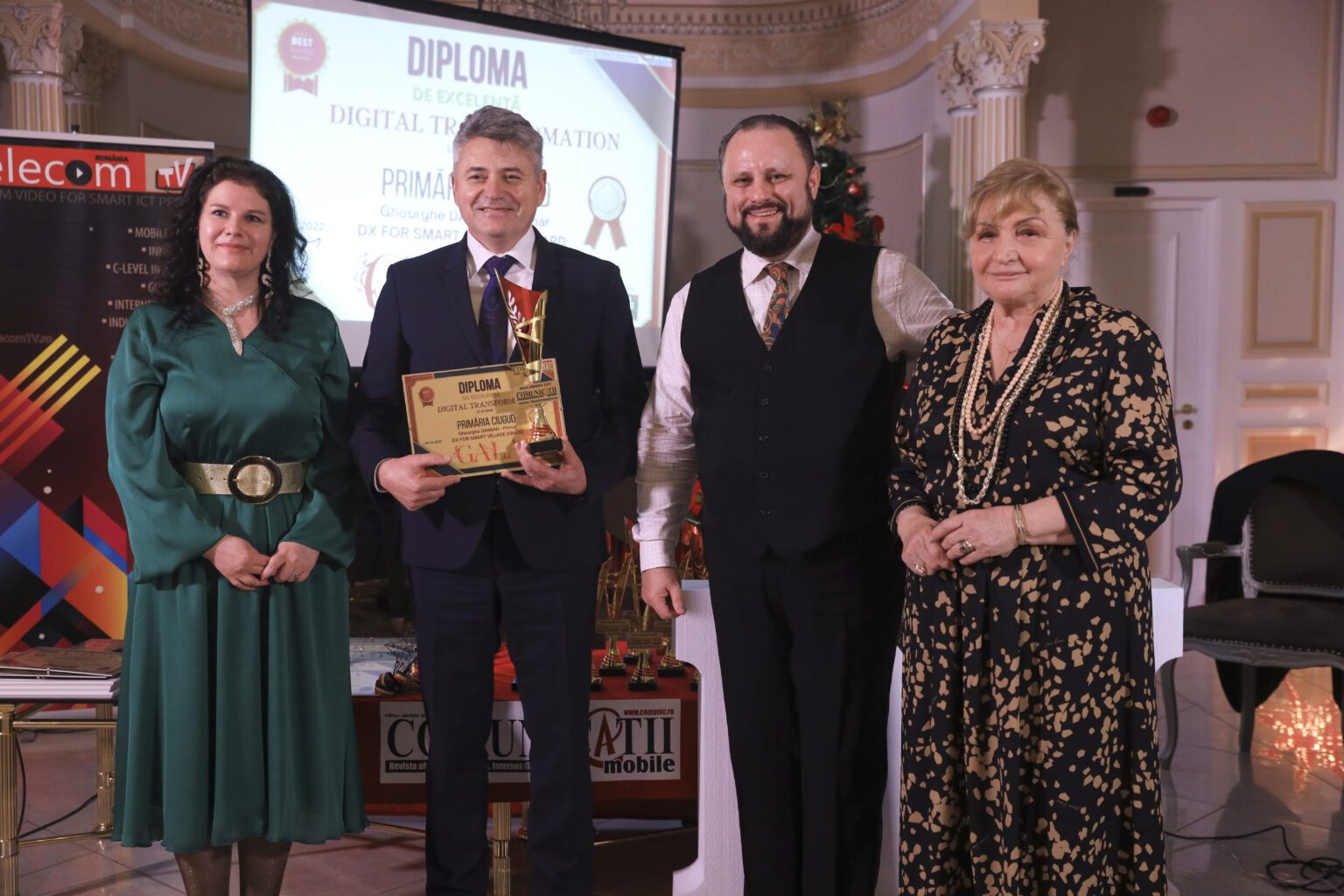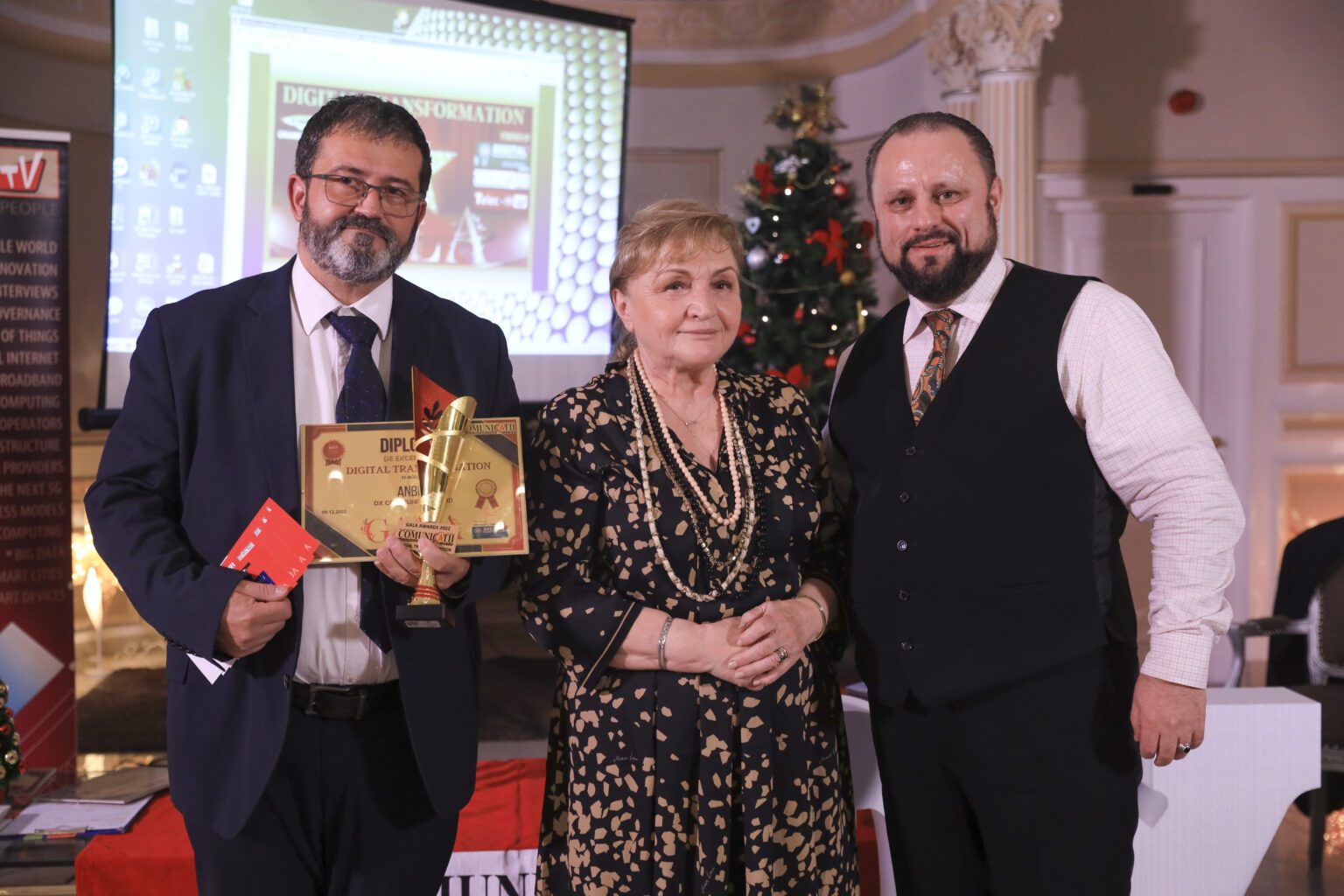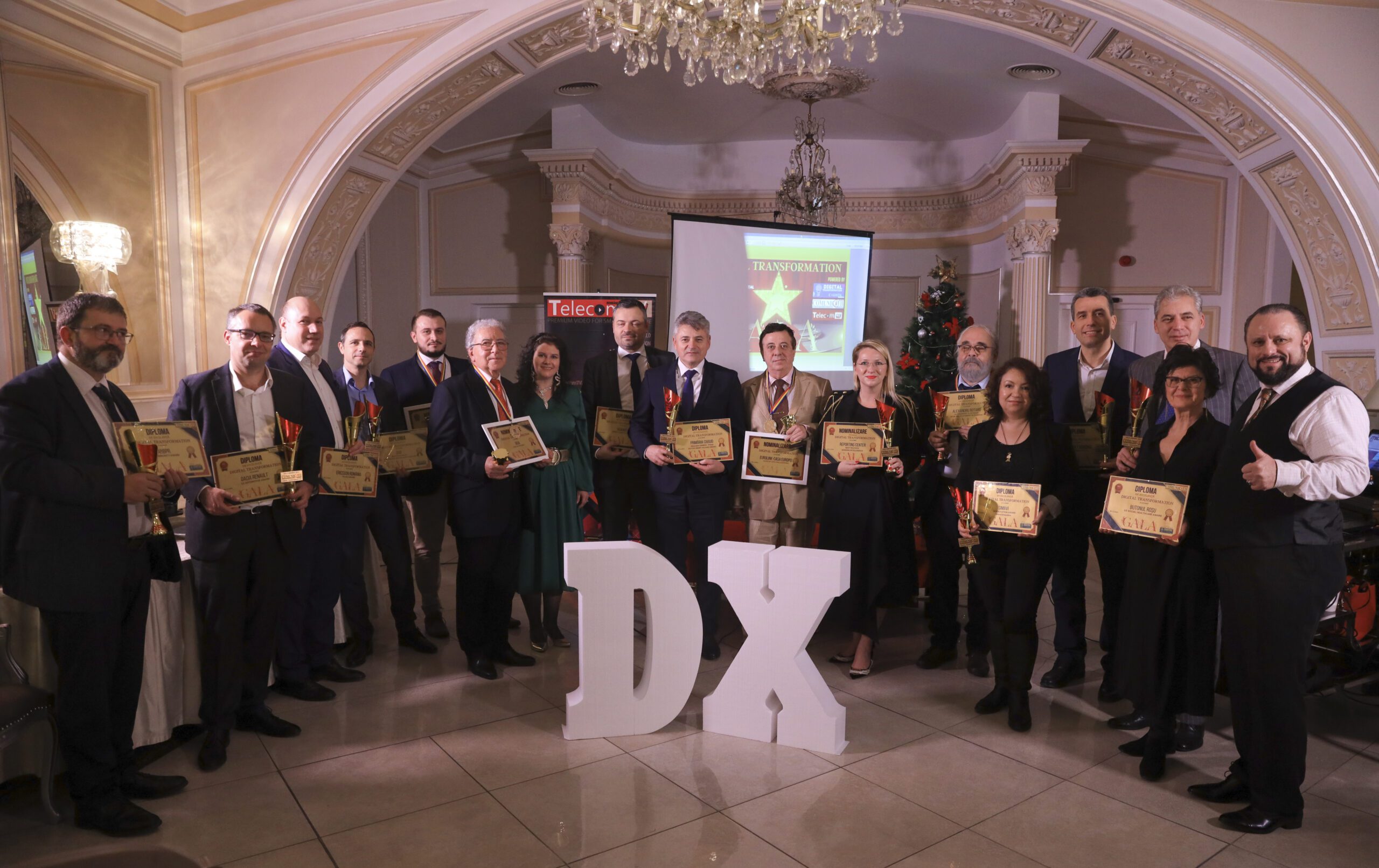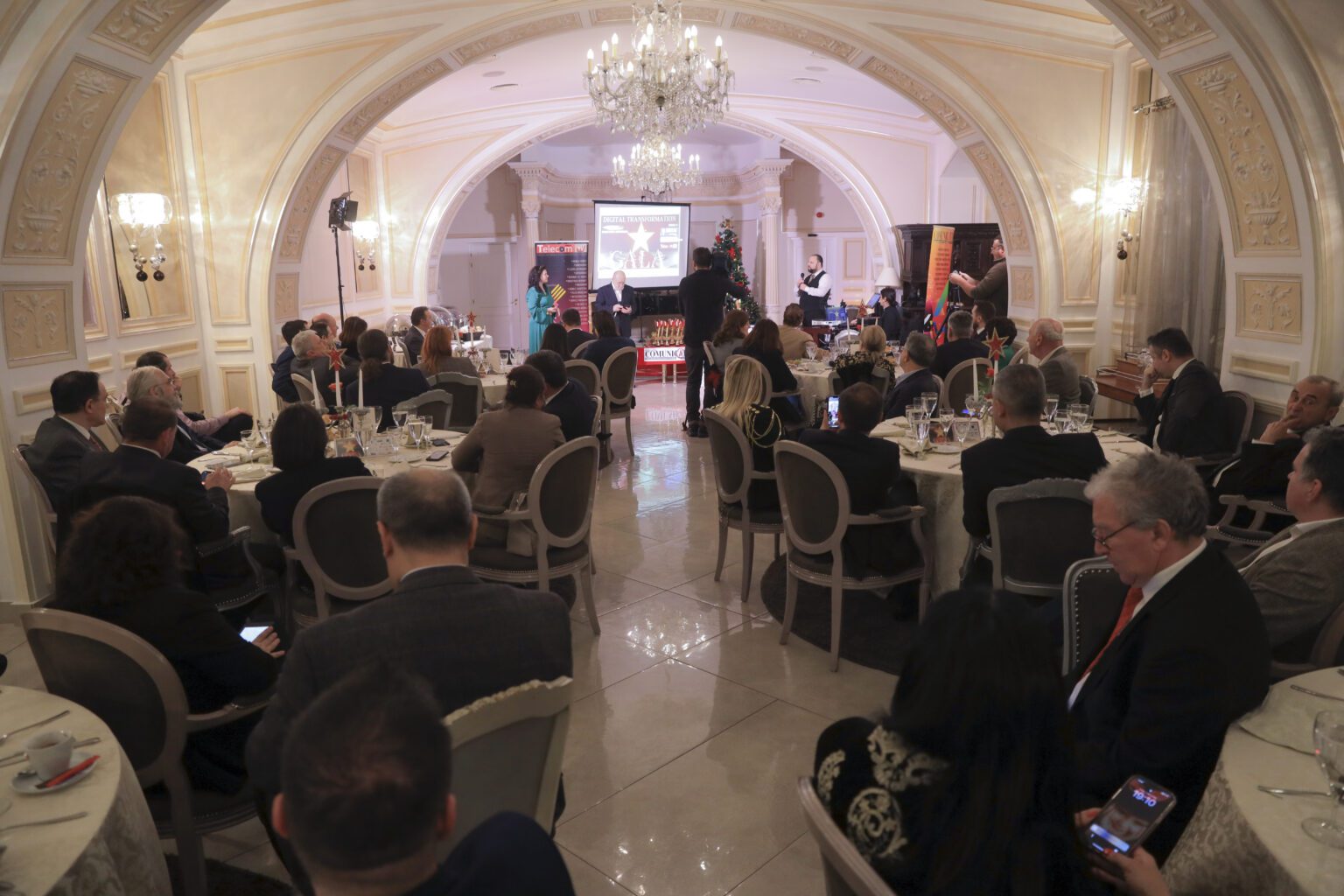The Academy of Romanian Scientists – USA BRANCH, the Union of Professional Journalists of Romania, the Romanian Orthodox Metropolitanate of the Two Americas and the Romanian Institute of Orthodox Theology and Spirituality – NEW YORK organize the 30th “Mihai Eminescu” Symposium (173 years since the birth of the poet), with the theme Romanian education and culture today – Assessment and directions
Imaginary dialogue with Eminescu. What do you think, Mr. Eminescu, about Romanian education and culture today?
Saturday 14 January 2023, 10:00 AM (17:00 in Romania)
at the Romanian Orthodox Church “Sf. Ap. Peter and Paul”, Astoria, New York (14-20 27th Ave.)
Join ZOOM Meeting
Meeting ID: 852 5875 2895Passcode: 395548
TIME SCHEDULE
Opening protocol
Pr. Prof. Dr. Theodor Damian, President of the New York Branch of the Academy of Romanian Scientists and of the Romanian Institute of Orthodox Theology and Spirituality
Prayer by M. Eminescu, performed by Lia Lungu
Anthem of Stefan Voda
Wake up Romanian
Messages:
Prof. univ. Dr. Adrian Badea, President of the Academy of Romanian Scientists
Dr. Nicolae Condrea, Archbishop of the Romanian Orthodox Archdiocese of the USA and Metropolitan of the Romanian Orthodox Metropolis of the Americas
PRESS RELEASES
Moderator: Prof. Nicole Smith
Acad. Theodor Codreanu, Critic and Literary Historian, Huși
Eminescu’s philosophy: implications for the school vision
Prof. univ. Dr. Nicolae Georgescu, Critic and literary historian, Bucharest, Romania
Eminescology, an interdisciplinary science
Prof. univ. Dr. Anca Sîrghie, Critic and literary historian, Sibiu
The “real” school as an institution of identity in the vision of the publicist Mihai Eminescu
Dr. Marian Nencescu, Critic and literary and art historian, Bucharest, Union of Professional Journalists of Romania
Eminesque News: School between education and culture
Pr. Prof. univ. Dr. Theodor Damian
Writer, President of the American Branch of the Academy of Romanian Scientists and of the Romanian Institute of Orthodox Theology and Spirituality, New York
The relevance of Eminescu’s vision of education
Prof. univ. Valentina Ciaprazi, Writer, Professor of French Language and Literature, LaGuardia College, New York
Criticism of snobbish imitation in Eminescu’s poetry: Our young people


